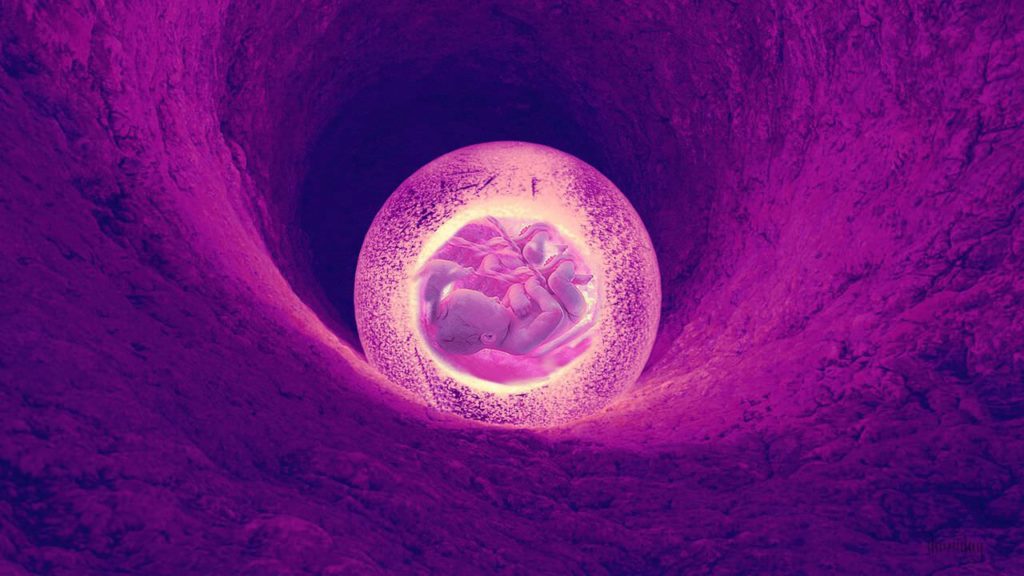
“This is one that should never have been born! whispered the Director of Nursing on August 3, 1953.” This opening line in Dwarfs Don’t Live in Doll Houses, the first memoir book in my dwarfism trilogy, illustrated the prevailing view of people towards babies born with disabilities, especially infants like me who were expected to die. Thankfully my birth preceded prenatal testing and a mother’s choice to terminate a pregnancy based on disability. I was born alive and successfully fought for the life God gave me.
Want to subscribe to receive blog updates sign up today!
Fast forward 68 years and the negative attitude towards disability births persists. The difference is that today prenatal test results can alert an expectant mother of her baby’s disability in the second or third trimester. And eugenics laws allow a mother to have a late-term abortion.
Estimates of how many pre-born children are terminated by reason of their disability range from 0.59% to 3%. Based on U.S. Center for Disease Control data of 629,898 legal induced abortions in 2019, this adds up to terminations of anywhere from 3,716 to 18,897 disabled babies per year. This many deaths for any other reason would count as a catastrophe warranting annual vigils and memorials of a 911 caliber. Instead a pre-born child celebrated at a baby shower one week is dehumanized and discarded as fetal refuse the next week.
Nonetheless there is good news on two fronts of a prenatal disability diagnosis. First, many mothers continue their pregnancy. For example, one couple attended a Little People of America (LPA) meeting to better understand what life would be like for their pre-born son diagnosed with dwarfism. LPA encouraged them at the meeting and maternity hospital after their son was born.
Second, between 2019 and 2021, several states banned abortions by reason of disability:
- Arizona, Kentucky, and Mississippi prohibited abortions because of genetic abnormality.
- Arkansas, Indiana, Kentucky, Missouri, North Dakota, Ohio, South Dakota, Tennessee and Utah specifically called out Down Syndrome (Ds) as an unlawful reason for an abortion given a U.S. abortion rate of about 67% for Ds.
Although some courts have blocked these bans from going into effect, the final outcome could depend on the Supreme Court of the United States (SCOTUS) decision in Dobbs vs. Jackson Women’s Health Organization expected in or about June 2022.
Hailed as the most important abortion case in 30 years, Dobbs gives SCOTUS the opportunity to overturn Roe v. Wade (1973) and Planned Parenthood v. Casey (1992) which preclude a state’s interference with a woman’s choice to have an abortion prior to viability (about 24 weeks). The State of Mississippi law prohibiting abortion after the 15th week of pregnancy, except in cases of medical emergency or severe fetal abnormality, is a direct challenge to Roe v. Wade. When lower courts in Dobbs found the Mississippi law unconstitutional, SCOTUS accepted Mississippi’s petition for review.
So what can we do to preserve the lives of pre-born babies with a disability? Pray that SCOTUS justices will have the courage to override Roe v. Wade!
For information on subscribing to my weekly blog and ordering books in my dwarfism trilogy, go to https://angelamuirvanetten.com.

3 replies on “End Disability as Reason to Terminate Pregnancy”
Angela, thanks for addressing this important issue from your unique perspective. It is true that when people think of abortion, they most likely do not think of the fetus as a person. If more people did, there would be a huge shift in acceptance of abortion.
We’ll written with perfect timing! “Equality begins in the womb” is this year’s theme for the March for Life. Thank you, Angela!
Thanks for this article. I only knew about testing for Down’s syndrome when I had my son 30 years ago. BTW, I would have carried him to term. I am proAbortion for reasons of rape and incest.